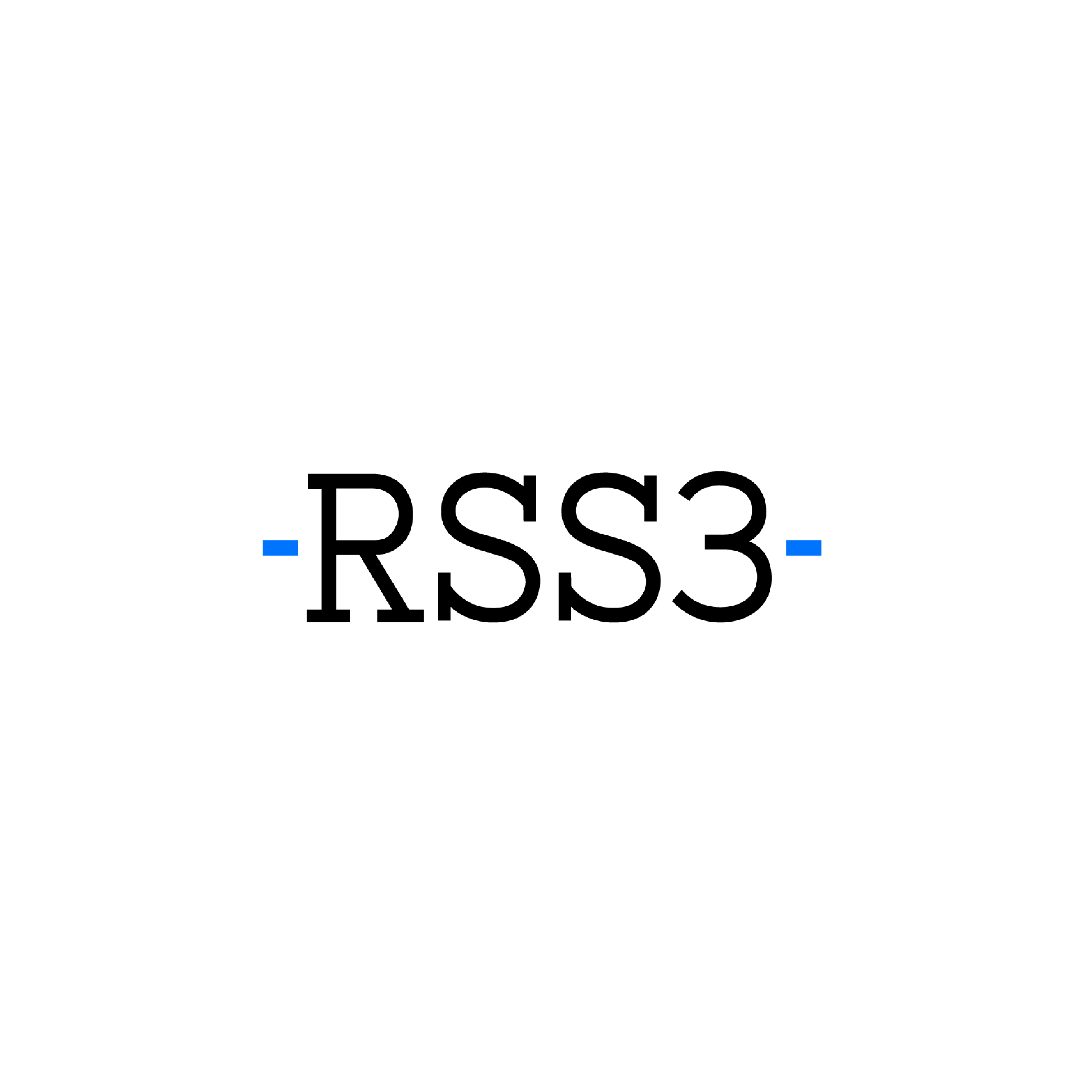-
 Bitcoin
Bitcoin $83,481.2504
1.47% -
 Ethereum
Ethereum $1,594.8784
2.16% -
 Tether USDt
Tether USDt $0.9995
0.03% -
 XRP
XRP $2.0584
2.27% -
 BNB
BNB $589.8752
1.06% -
 Solana
Solana $124.5416
5.31% -
 USDC
USDC $1.0000
0.01% -
 Dogecoin
Dogecoin $0.1620
2.54% -
 TRON
TRON $0.2492
5.06% -
 Cardano
Cardano $0.6386
2.07% -
 UNUS SED LEO
UNUS SED LEO $9.4024
-0.01% -
 Chainlink
Chainlink $12.7519
1.91% -
 Avalanche
Avalanche $19.0715
1.49% -
 Stellar
Stellar $0.2381
1.20% -
 Shiba Inu
Shiba Inu $0.0...01227
2.71% -
 Toncoin
Toncoin $2.9176
-0.14% -
 Sui
Sui $2.1989
1.15% -
 Hedera
Hedera $0.1686
-2.31% -
 Bitcoin Cash
Bitcoin Cash $314.9700
4.19% -
 MANTRA
MANTRA $6.3745
-0.47% -
 Litecoin
Litecoin $76.1182
-0.18% -
 Polkadot
Polkadot $3.5912
2.10% -
 Dai
Dai $1.0000
0.00% -
 Bitget Token
Bitget Token $4.3914
2.66% -
 Hyperliquid
Hyperliquid $15.5070
3.14% -
 Pi
Pi $0.7361
21.71% -
 Ethena USDe
Ethena USDe $0.9988
0.03% -
 Monero
Monero $208.6259
3.20% -
 Uniswap
Uniswap $5.3209
2.18% -
 OKB
OKB $52.8771
-0.57%
Is the handling fee of web3 wallet high
The handling fees associated with Web3 wallets can differ based on transaction types, transaction size, network conditions, and the integration of third-party services.
Oct 18, 2024 at 09:12 pm

Understanding Web3 Wallet Handling Fees
In the rapidly evolving world of Web3, digital wallets play a crucial role in managing crypto assets securely and efficiently. While many Web3 wallets offer seamless experiences, users should be aware of the potential handling fees associated with these services.
1. Factors Affecting Handling Fees:
Handling fees in Web3 wallets vary based on several factors, including:
- Transaction Types: Different types of transactions, such as sending, receiving, swapping, or staking, may incur specific fees.
- Transaction Size: Larger transactions typically require higher fees.
- Network Conditions: When network traffic is high, fees can be elevated due to increased demand for block space.
- Third-Party Providers: Some wallets integrate with third-party services, which may charge additional fees for certain operations.
2. Common Web3 Wallet Handling Fees:
Here are some of the most common handling fees encountered in Web3 wallets:
- Gas Fees: Gas fees are transaction fees paid to miners or validators on blockchain networks to process transactions.
- Withdrawal Fees: Some wallets may charge a fee for withdrawing crypto assets.
- Exchange Fees: If a wallet offers integrated exchange services, it may levy fees for trading activities, including swaps.
- Subscription Fees: Certain wallets may offer subscription plans that include reduced or eliminated handling fees.
3. Comparing Web3 Wallet Handling Fees:
To choose the best Web3 wallet for their needs, users should compare the handling fees across different platforms. Major exchanges like OKX and Coinbase often offer competitive fees for crypto trades and transactions.
4. Minimizing Handling Fees:
To minimize handling fees, users can consider the following tips:
- Use Gas-Saving Wallets: Some wallets, such as MetaMask, allow users to adjust gas settings to reduce transaction costs.
- Utilize Off-Peak Hours: Network congestion tends to be lower during off-peak hours, leading to lower gas fees.
- Monitor Network Conditions: Stay informed about network conditions through platforms like Etherscan or Santiment to identify optimal times for transactions.
- Choose Wallets with Low Handling Fees: Compare the handling fees of different wallets before making a decision.
Conclusion:
Understanding Web3 wallet handling fees is crucial for maximizing the efficiency of crypto transactions. By carefully considering the various factors that affect fees and exploring strategies to minimize them, users can ensure that they optimize their Web3 experience while minimizing costs.
Disclaimer:info@kdj.com
The information provided is not trading advice. kdj.com does not assume any responsibility for any investments made based on the information provided in this article. Cryptocurrencies are highly volatile and it is highly recommended that you invest with caution after thorough research!
If you believe that the content used on this website infringes your copyright, please contact us immediately (info@kdj.com) and we will delete it promptly.
- PI Token Has Staged a Furious Comeback, Skyrocketing Over 15% to Reclaim the $0.70 Mark
- 2025-04-12 19:30:13
- 119 Million Pi Network Tokens to Be Released by Month-End
- 2025-04-12 19:30:13
- Don't Kick Yourself Over Early XRP? This AI Presale Token Might Be Your Redemption
- 2025-04-12 19:25:14
- Bitcoin Cash (BCH) Breaks Out Again — Is a 2x Rally Underway?
- 2025-04-12 19:25:14
- Ethereum Bears Win Big as Short ETFs Dominate 2025 Rankings
- 2025-04-12 19:20:13
- BitMEX Co-Founder Arthur Hayes Urges Market Participants to 'Buy Everything'
- 2025-04-12 19:20:13
Related knowledge

What is Delayed Encryption technology?
Apr 11,2025 at 10:42pm
What is Delayed Encryption Technology? In the world of cryptocurrencies, security is paramount. One of the innovative solutions to enhance the security of digital transactions is Delayed Encryption Technology. This technology introduces a layer of security by encrypting data with a time delay, ensuring that the information remains secure until a specifi...
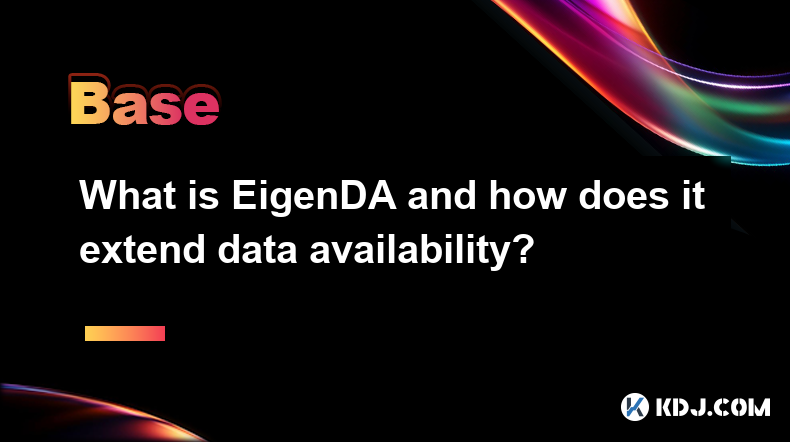
What is EigenDA and how does it extend data availability?
Apr 11,2025 at 05:28pm
EigenDA is a groundbreaking solution within the cryptocurrency ecosystem designed to enhance data availability across blockchain networks. Developed by EigenLayer, EigenDA aims to address the critical issue of data availability, ensuring that all participants in a blockchain network can access the necessary data to verify transactions and maintain the i...
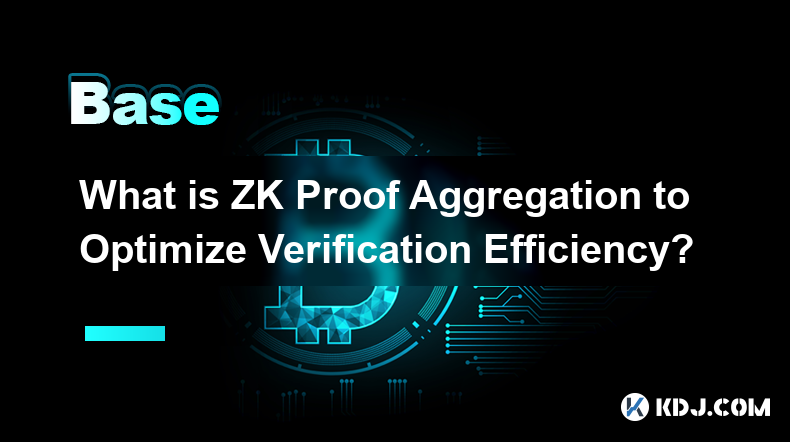
What is ZK Proof Aggregation to Optimize Verification Efficiency?
Apr 11,2025 at 05:42pm
ZK Proof Aggregation is a technique used in the field of zero-knowledge proofs (ZKPs) to enhance the efficiency of verifying multiple proofs. In the context of cryptocurrencies, where scalability and efficiency are paramount, ZK Proof Aggregation plays a crucial role in optimizing the verification process. This method allows multiple proofs to be combin...
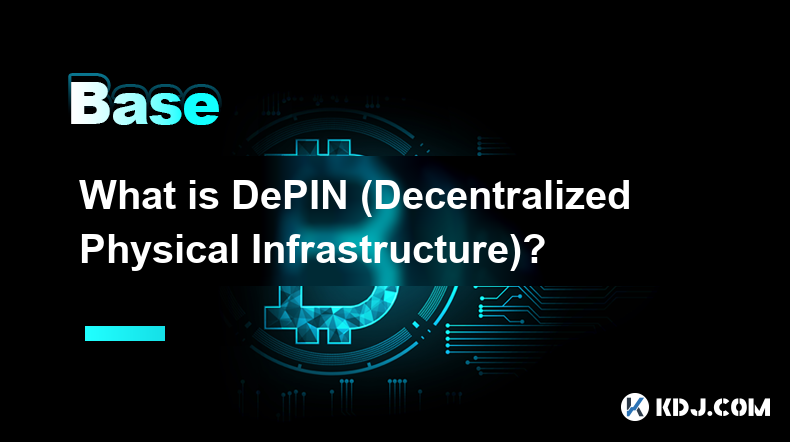
What is DePIN (Decentralized Physical Infrastructure)?
Apr 12,2025 at 01:42am
What is DePIN (Decentralized Physical Infrastructure)? DePIN, or Decentralized Physical Infrastructure, represents a groundbreaking approach to building and managing physical infrastructure using decentralized technologies. At its core, DePIN leverages blockchain and other decentralized systems to create, operate, and maintain physical assets in a way t...
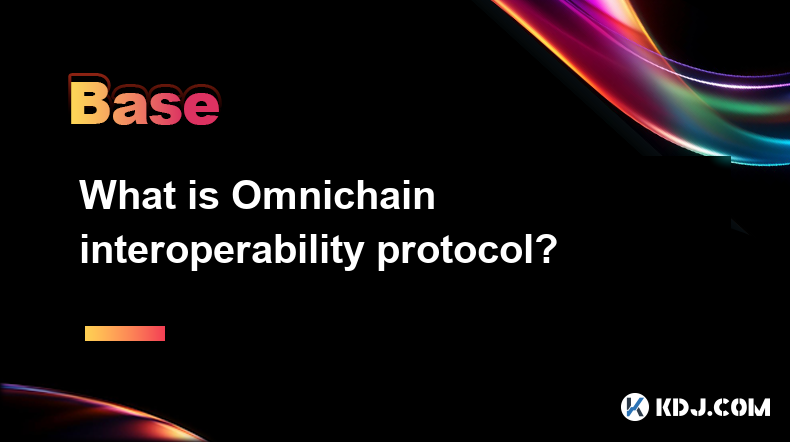
What is Omnichain interoperability protocol?
Apr 11,2025 at 08:36pm
The Omnichain interoperability protocol refers to a technology designed to enable seamless interaction and data exchange between different blockchain networks. This protocol aims to solve the issue of blockchain isolation by allowing assets, data, and functionalities to move freely across various chains. In essence, Omnichain interoperability facilitate...
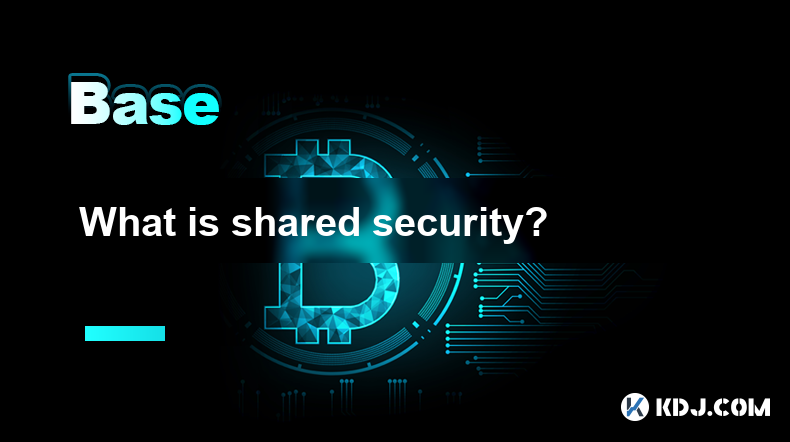
What is shared security?
Apr 12,2025 at 07:29pm
Shared security in the context of cryptocurrencies and blockchain networks refers to a mechanism where multiple blockchain networks or applications utilize the security infrastructure of a primary blockchain. This approach enhances the security and efficiency of smaller or newer blockchains by leveraging the established security measures of a more robus...

What is Delayed Encryption technology?
Apr 11,2025 at 10:42pm
What is Delayed Encryption Technology? In the world of cryptocurrencies, security is paramount. One of the innovative solutions to enhance the security of digital transactions is Delayed Encryption Technology. This technology introduces a layer of security by encrypting data with a time delay, ensuring that the information remains secure until a specifi...

What is EigenDA and how does it extend data availability?
Apr 11,2025 at 05:28pm
EigenDA is a groundbreaking solution within the cryptocurrency ecosystem designed to enhance data availability across blockchain networks. Developed by EigenLayer, EigenDA aims to address the critical issue of data availability, ensuring that all participants in a blockchain network can access the necessary data to verify transactions and maintain the i...

What is ZK Proof Aggregation to Optimize Verification Efficiency?
Apr 11,2025 at 05:42pm
ZK Proof Aggregation is a technique used in the field of zero-knowledge proofs (ZKPs) to enhance the efficiency of verifying multiple proofs. In the context of cryptocurrencies, where scalability and efficiency are paramount, ZK Proof Aggregation plays a crucial role in optimizing the verification process. This method allows multiple proofs to be combin...

What is DePIN (Decentralized Physical Infrastructure)?
Apr 12,2025 at 01:42am
What is DePIN (Decentralized Physical Infrastructure)? DePIN, or Decentralized Physical Infrastructure, represents a groundbreaking approach to building and managing physical infrastructure using decentralized technologies. At its core, DePIN leverages blockchain and other decentralized systems to create, operate, and maintain physical assets in a way t...

What is Omnichain interoperability protocol?
Apr 11,2025 at 08:36pm
The Omnichain interoperability protocol refers to a technology designed to enable seamless interaction and data exchange between different blockchain networks. This protocol aims to solve the issue of blockchain isolation by allowing assets, data, and functionalities to move freely across various chains. In essence, Omnichain interoperability facilitate...

What is shared security?
Apr 12,2025 at 07:29pm
Shared security in the context of cryptocurrencies and blockchain networks refers to a mechanism where multiple blockchain networks or applications utilize the security infrastructure of a primary blockchain. This approach enhances the security and efficiency of smaller or newer blockchains by leveraging the established security measures of a more robus...
See all articles





















![Crypto Otaku - CRYPTO CHAOS! 83K BITCOIN! CRYPTO RALLY!! XCN , JASMY , SWFTC LEAD!!! [Episode 228] Crypto Otaku - CRYPTO CHAOS! 83K BITCOIN! CRYPTO RALLY!! XCN , JASMY , SWFTC LEAD!!! [Episode 228]](/uploads/2025/04/12/cryptocurrencies-news/videos/crypto-otaku-crypto-chaos-k-bitcoin-crypto-rally-xcn-jasmy-swftc-lead-episode/image-1.webp)




























































